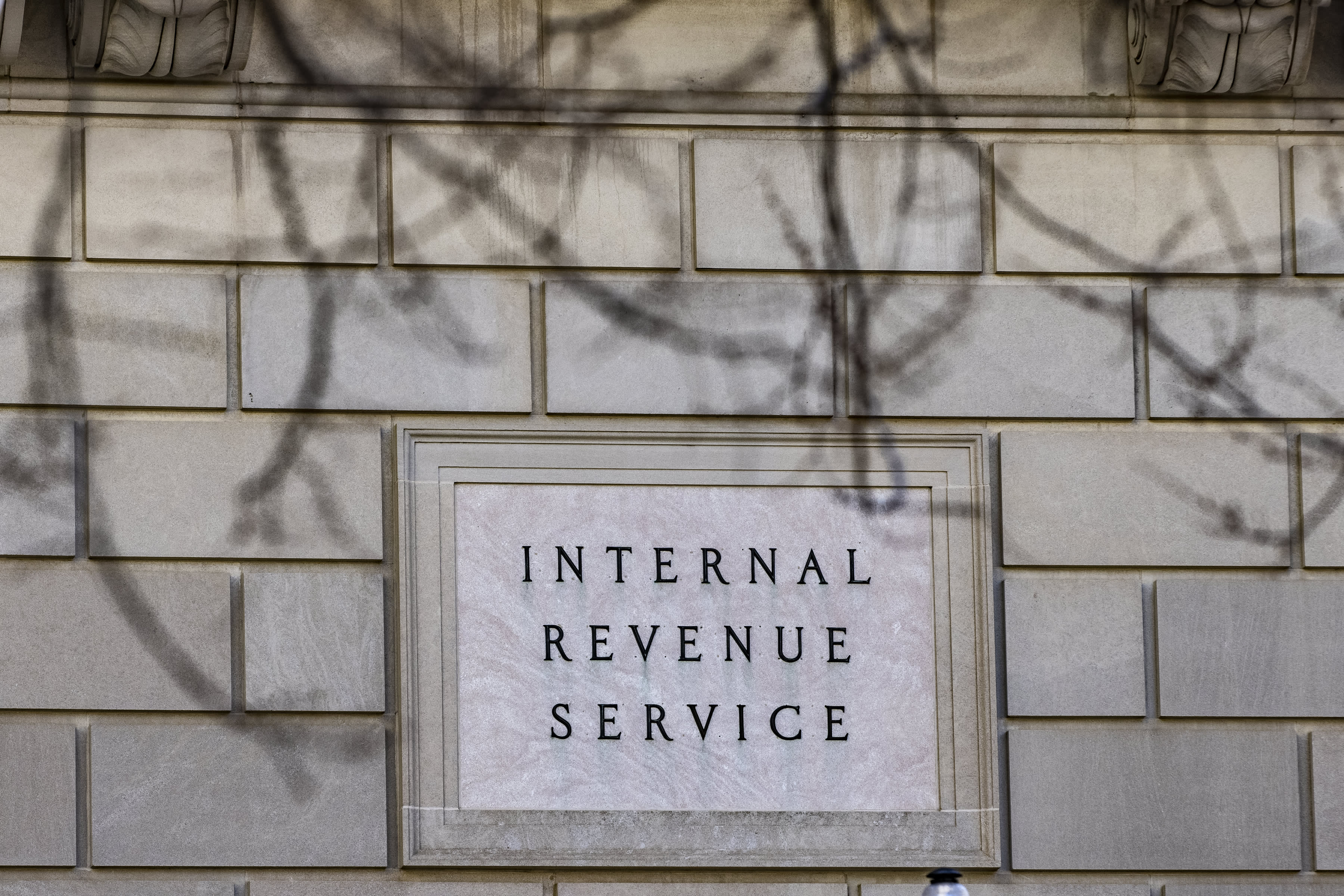
Signage outside the Internal Revenue Service (IRS) headquarters in Washington, D.C.
Bloomberg | Bloomberg | Getty Images
IRS Commissioner Charles Rettig in August wrote about the agency’s struggles in a letter responding to questions from Sens. Elizabeth Warren, D-Mass., Bernie Sanders, I-Vt., and Sheldon Whitehouse, D-R.I.
“The inherent risk of the current reduced IRS audit coverage levels is that taxpayers may become emboldened to take riskier tax positions, such as overclaiming deductions, underreporting income and not paying what they owe,” Rettig wrote.
The agency has already started shifting resources to focus on those with complex issues, such as high-income taxpayers, pass-through businesses, international filers and more, according to the letter.
“Increased funding will allow the IRS to hire additional specialized examination personnel to raise audit coverage in these areas,” Rettig wrote.
The IRS audited fewer than 2 out of every 100 filers earning more than $1 million, a report from Syracuse University found.
While audits have fallen across the board, scrutiny has dropped faster for wealthy taxpayers than low- or moderate-income filers claiming the earned income tax credit, according to the Treasury report.
Moreover, Rettig said more disclosures from banks, including basic information about customers’ deposits and withdrawals, may significantly help to close the tax gap.
There’s no reason that a robust proposal shouldn’t be in the final bill.
Chuck Marr
Senior director of federal tax policy at the Center on Budget and Policy Priorities
“What’s critical for Congress to realize is that [the proposal] needs to be comprehensive,” Marr said. “It needs to have the funding for the people, the computers and the information.”
While lawmakers dropped the measure from the infrastructure bill, there seems to be bipartisan support to fund increased staffing and computers, Marr said.
But I think the bank reporting requirement is what really needs to be lifted up, he added.
Industry groups — such as the American Bankers Association, the Bank Policy Institute and the Consumer Bankers Association — have argued against the reporting requirements, citing concerns about cost, complexity and privacy.
Still, some policy experts believe increased IRS funding may be passed through so-called budget reconciliation.
“I expect a continued strong push,” Marr said. “There’s no reason that a robust proposal shouldn’t be in the final bill.”
The Treasury Department estimates $80 billion of IRS funding may bring in $316 billion from 2022 to 2031. However, the Congressional Budget Office projects $200 billion in new revenue over the same period.


